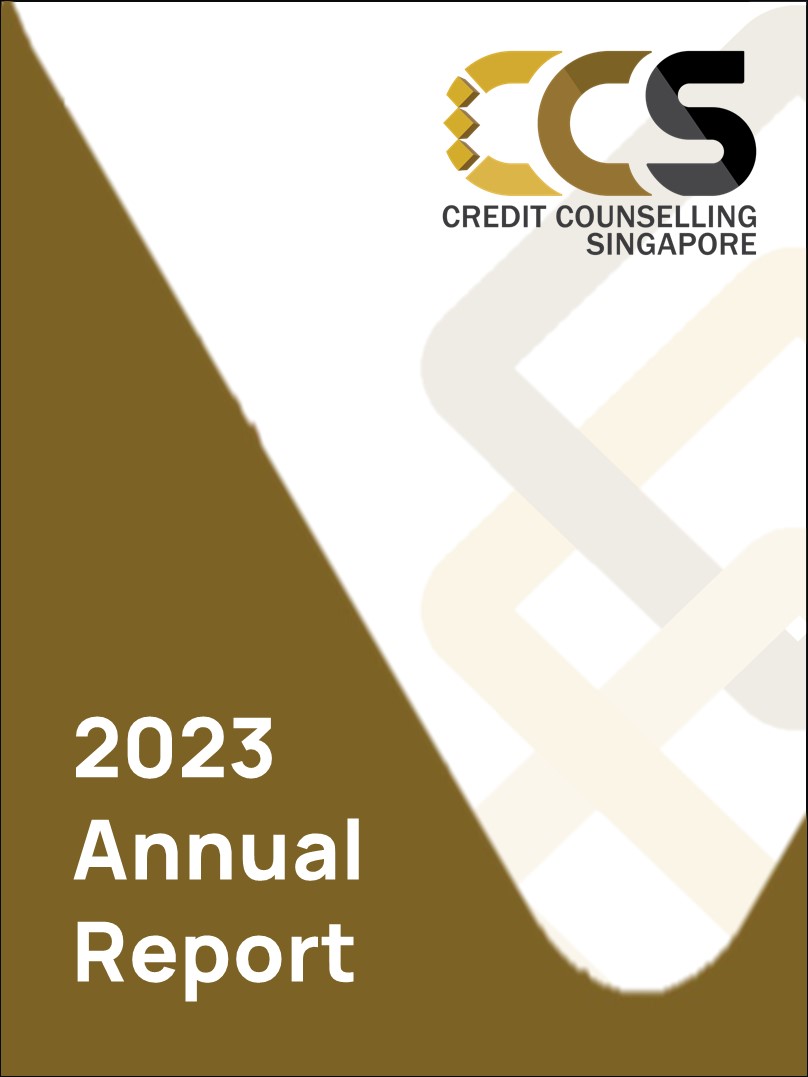Exactly How Credit Counselling Services - EDUdebt Can Aid You Conquer Financial Obstacles
Exactly How Credit Counselling Services - EDUdebt Can Aid You Conquer Financial Obstacles
Blog Article
Comprehensive Guide to Effective Credit Therapy Methods for Sustainable Financial Wellness
The realm of credit scores counselling stands as a beacon of assistance in this intricate landscape, using tailored approaches to empower individuals towards better economic outcomes. Join us as we unravel the layers of efficient credit score counselling strategies made to pave the means for an extra thriving and secure economic future.
Understanding Credit Rating
Understanding the value of credit rating is vital for managing personal funds efficiently. A credit rating is a numerical representation of an individual's credit reliability, indicating to loan providers the degree of danger related to prolonging debt to that individual. It is an essential aspect that affects the rate of interest provided on loans, credit report card authorizations, and even rental applications.

Keeping track of one's credit history consistently can help identify discrepancies or deceitful tasks that can negatively affect their financial wellness. By comprehending debt scores and the behaviors that influence them, people can make enlightened economic decisions, build a positive credit report, and job in the direction of attaining their lasting monetary goals.
Budgeting and Expenditure Monitoring
Establishing a comprehensive budgeting strategy and vigilantly monitoring expenditures are basic techniques for people striving to achieve monetary stability and control over their monetary resources. A budget plan works as a roadmap, laying out earnings resources, taken care of expenditures like rental fee or finance settlements, variable costs such as grocery stores and enjoyment, and financial savings goals. By producing a budget, individuals acquire a clear understanding of their economic standing and can make enlightened choices on investing and saving routines.
Expense monitoring enhances budgeting by providing a detailed account of where money is being invested. This process includes tape-recording all expenditures, whether tiny or big, to determine locations where costs can be enhanced or minimized. Making use of tools like budgeting applications or spread sheets can streamline expense tracking and deal understandings into costs patterns gradually.
Via constant budgeting and cost monitoring, people can proactively handle their finances, prevent overspending, and job in the direction of attaining their monetary goals. These practices promote accountability and empower individuals to make calculated monetary decisions that align with their long-lasting goals.
Debt Management and Loan Consolidation
Having developed a strong foundation through budgeting and expenditure tracking, the following critical action in the direction of accomplishing financial health involves reliable debt monitoring and consolidation techniques. Financial obligation management is the procedure of developing a structured plan to pay off financial obligations in a prompt way, while debt loan consolidation includes integrating multiple financial obligations right into a single settlement, commonly with a lower rates of interest.
One secret approach in the red monitoring is prioritizing debts based upon rate of interest and quantities owed. By settling high-interest debts initially, individuals can minimize the total rate of interest paid over time. Furthermore, negotiating with creditors for reduced rates of interest or establishing a manageable repayment strategy can help individuals stay on track with their financial debt repayment.
Financial obligation combination can streamline the payment procedure by combining numerous financial obligations right into a solitary month-to-month settlement. This can make it much easier to track and take care of debts, potentially reducing monthly payments and overall rate of interest costs. Nevertheless, it is crucial to carefully take into consideration the terms of the debt consolidation financing to ensure it is truly useful in the lengthy run. By applying reliable financial obligation management and combination techniques, individuals can work towards lowering their financial obligation burden and attaining better financial stability.

Credit Report Building Strategies
Applying calculated credit-building techniques is necessary for individuals aiming to enhance their economic standing and improve their loaning abilities. One reliable technique is to obtain a protected charge card, which requires a deposit to work as collateral and aids establish a favorable payment history. Timely settlements on existing financial obligations are essential for enhancing credit report, so establishing automatic payments or reminders can help in this procedure. Additionally, maintaining debt usage reduced, preferably below 30% of the total credit line, demonstrates liable credit rating administration. credit counselling services - EDUdebt. Regularly keeping track of debt reports for errors and errors is likewise important, as fixing these problems can protect against negative impacts on credit score scores. One more technique is to end up being an authorized individual on a person else's credit account, benefiting from their positive credit report. Last but not least, staying clear of opening up numerous brand-new accounts within a brief duration can stop questions that might lower credit score ratings. By implementing these techniques regularly, people can gradually reinforce their credit rating profiles and attain sustainable monetary health.
Financial Education And Learning and Planning
To further strengthen their financial structure, individuals can boost their credit-building progress by obtaining thorough economic education and learning and developing a calculated planning framework. Financial education and learning plays an important duty in empowering individuals to make educated choices about their money monitoring. By understanding essential monetary concepts such as budgeting, conserving, spending, and financial debt management, individuals can navigate the intricacies of personal finance better.
Furthermore, critical financial planning is vital for establishing and accomplishing long-term monetary goals. Producing a detailed economic strategy that details income resources, costs, savings targets, and investment techniques can aid people remain organized and concentrated on their economic goals. Routinely assessing and readjusting this strategy in response to changes in revenue, go to the website expenditures, or economic objectives is likewise vital to guarantee its effectiveness.
Verdict
To conclude, efficient credit rating coaching approaches are vital for achieving sustainable financial wellness. By understanding credit rating, budgeting, managing financial obligation, building credit score, and economic education and learning, individuals can boost their financial health and wellness and make educated decisions. Executing these approaches can bring about lasting monetary stability and protection. When navigating the complexities of debt and funds to guarantee an effective monetary future., it is vital to look for professional guidance and support.

Additionally, keeping debt usage reduced, More Info ideally below 30% of the total credit history limitation, demonstrates responsible credit monitoring. By comprehending credit scores, budgeting, handling debt, constructing credit score, and monetary education and learning, individuals can improve their monetary wellness and make notified choices.
Report this page